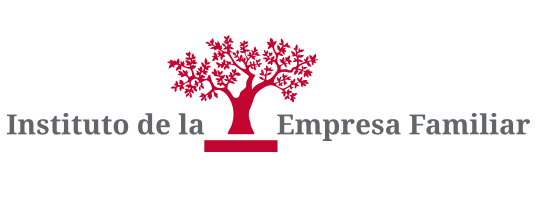«Do family firms gain more from female leadership than non family firms?» Article published in the Strategic Entrepreneurship Journal.
Article published in the Strategic Entrepreneurship Journal.
Research Summary: We integrate social learning theory with gender role congruity theory to propose that family firms gain more from female leadership than non family firms due to the congruence of female communal values with those of a family business. Results of our empirical study, based on a sample of 322 Spanish small- and medium-sized enterprises (SMEs), show that while all three dimensions of learning orientation (commitment to learning, shared vision, and open-mindedness) are positively related to an entrepreneurial orientation, significant differences exist based on the CEO’s gender and whether the SME is a family or non family firm. Strongest differences were found between female-led family and non family SMEs where by the entrepreneurial orientation of female-led family SMEs benefited significantly more from their firm’s commitment to learning and open-mindedness.
Managerial Summary: To cultivate entrepreneurship, as mall- and medium-sized enterprise (SME) leader must create an organization that fosters learning. Yet, surprisingly, we know little about male and female leaders’ ability to translate their SME’s learning into entrepreneurship. Our study reveals that in comparison to non family firms, family firms offer an environment that is more conducive to supporting women leaders, which allows their female leaders to direct their SME’s learning more effectively toward entrepreneurship. However, while female-led family SMEs were as effective as male-led family- and non family-led SMEs in directing learning toward entrepreneurship, female-led non family SMEs struggled. Our study therefore suggests that while women have an advantage leading family SMEs, gender biases hamper female leaders’ ability to transform learning into greater entrepreneurial orientation in non family SMEs.

